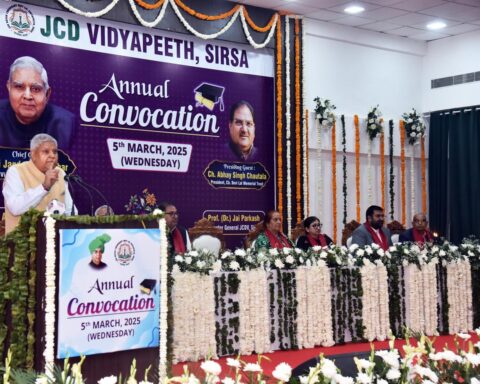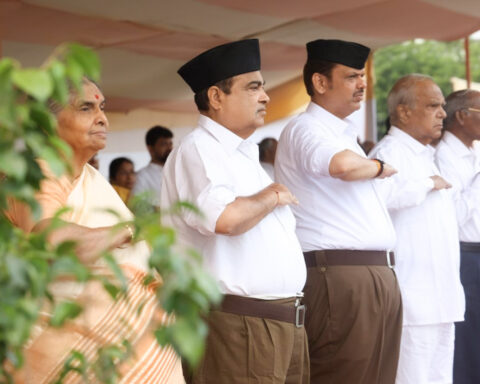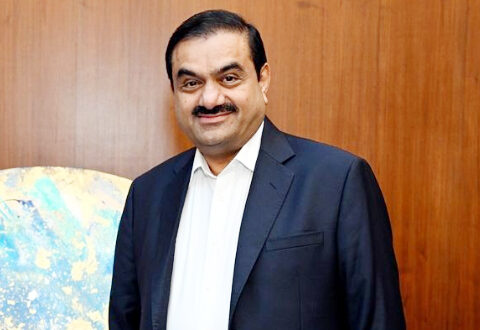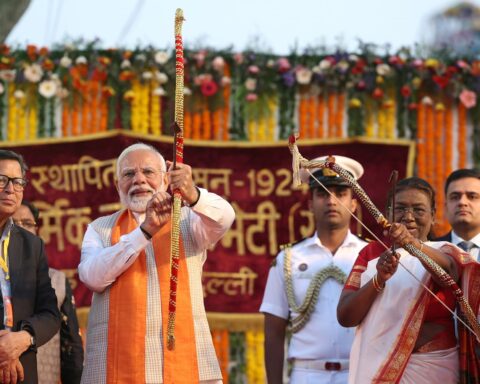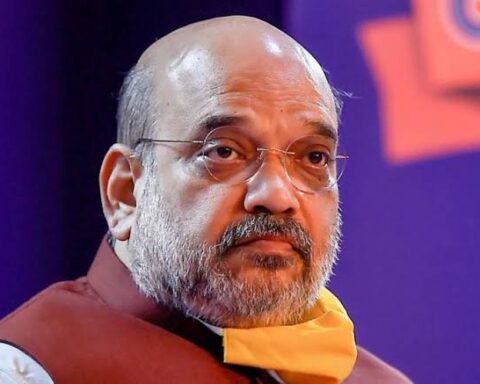New Delhi/ TNF
“Love Jihad” is a term that has become increasingly prominent in India’s socio-political discourse, particularly in North India. It refers to an alleged conspiracy where Muslim men are accused of enticing Hindu women into romantic relationships with the intent of converting them to Islam through marriage. This term has sparked significant debate, with some groups claiming it as a reality while others dismiss it as propaganda aimed at creating religious divisions.
The Origins of the “Love Jihad” Narrative
The concept of “Love Jihad” first gained attention in the late 2000s, with initial cases surfacing in states like Kerala and Karnataka. The term was later popularized by right-wing groups, particularly in North India. These groups claim that Muslim men strategically target Hindu women, disguising their religion to lure them into relationships, with the ultimate goal of religious conversion.
Supporters of the “Love Jihad” theory argue that it is a deliberate plot to change India’s demographic composition. However, several investigations by police and government agencies have found little concrete evidence of an organized conspiracy. Despite this, the term has continued to be used widely, stoking communal tensions in many parts of the country.
Why is North India in its Grip?
In recent years, the narrative of “Love Jihad” has gained considerable traction in North India, particularly in states like Uttar Pradesh, Madhya Pradesh, Haryana, and Uttarakhand. Several factors contribute to the rise of this concept in these regions:
- Religious Demographics: North India is home to a significant Hindu majority, with Muslims forming a minority in most states. The fear of a demographic shift due to interfaith marriages has fueled the perception of “Love Jihad” as a threat.
- Political Climate: The rise of Hindu nationalist sentiments, especially with the Bharatiya Janata Party (BJP) in power in several North Indian states, has amplified concerns about religious conversions. The “Love Jihad” narrative aligns with the party’s broader agenda of protecting Hindu interests, and it is often used as a tool to mobilize support from conservative Hindu voters.
- Cultural Conservatism: North India is culturally conservative, with strict norms governing women’s behavior and marriage choices. Interfaith marriages, especially between Hindu women and Muslim men, challenge these norms and provoke anxiety within traditional families and communities.
- Sensationalized Media Coverage: Media coverage of alleged “Love Jihad” cases has contributed to the perception that it is a widespread issue. Even isolated cases are often amplified in the press and on social media, leading to a climate of fear and suspicion.
Notable Cases and Examples
There have been several high-profile cases where “Love Jihad” has been alleged, further entrenching the belief in such a conspiracy:
- The Hadiya Case (Kerala): One of the most widely discussed “Love Jihad” cases was that of Akhila Ashokan, a Hindu woman from Kerala who converted to Islam and married a Muslim man, Shafin Jahan. Her father alleged that she was brainwashed and coerced into conversion as part of a larger plot. The case reached the Supreme Court, which eventually ruled in favor of Hadiya’s right to marry and convert as per her choice, dismissing the “Love Jihad” angle.
- The Meerut Incident (Uttar Pradesh): In 2014, a young Hindu woman from Meerut alleged that she was kidnapped, raped, and forced to convert to Islam by her Muslim lover. This case sparked widespread outrage and protests from Hindu groups. However, later investigations revealed that the woman had willingly converted and married the man, retracting her earlier claims.
- The Nikita Tomar Case (Faridabad, Haryana): In 2020, Nikita Tomar, a young Hindu woman, was shot dead by her former classmate, Tausif, after she refused to convert to Islam and marry him. Though this case was primarily about unrequited love and revenge, it was widely cited as an example of “Love Jihad” by right-wing groups.
Legal Measures Against “Love Jihad”
In response to rising concerns over “Love Jihad,” several North Indian states have introduced laws aimed at curbing forced religious conversions through marriage. These laws, commonly referred to as “anti-conversion” or “love jihad” laws, have sparked significant controversy.
- Uttar Pradesh: In November 2020, Uttar Pradesh passed the Prohibition of Unlawful Conversion of Religion Ordinance. Under this law, any religious conversion carried out through force, coercion, or fraudulent means—including marriage—is punishable by law. Individuals converting for marriage must notify authorities in advance. The law allows for imprisonment of up to 10 years for violations.
- Madhya Pradesh: Similarly, Madhya Pradesh passed the Freedom of Religion Act, 2021, which imposes strict penalties for forced religious conversions through marriage. The law requires individuals seeking to convert to another religion to notify the authorities 60 days in advance.
- Haryana and Uttarakhand: Both states have introduced similar laws, focusing on preventing conversions for the purpose of marriage. These laws are largely seen as a response to the growing narrative of “Love Jihad” in these regions.
The Impact on Communities
The introduction of these laws and the increasing focus on “Love Jihad” have had a profound impact on interfaith relationships, particularly those between Hindus and Muslims. Critics argue that these laws are being used as a weapon against the Muslim community, targeting their fundamental rights to marry and practice their religion freely.
- Criminalization of Interfaith Marriages: These laws have made it more difficult for couples in interfaith relationships to marry, as they now face legal hurdles and social stigma. In some cases, families or community members have used the “Love Jihad” narrative to break up such relationships, accusing the Muslim partner of having ulterior motives.
- Fear Among Muslims: The Muslim community has expressed concerns that the “Love Jihad” narrative and related laws are being used to vilify them and limit their interactions with Hindu women. There is a growing fear that Muslim men could be falsely accused of involvement in “Love Jihad” even in consensual relationships.
- Communal Polarization: The widespread use of the term “Love Jihad” has deepened religious divides in North India. It has become a political tool used to mobilize Hindu voters by playing on fears of losing cultural identity and religious purity. This has led to increased hostility between Hindus and Muslims, with interfaith marriages often becoming flashpoints for violence and unrest.
The “Love Jihad” narrative, though largely unsubstantiated, continues to be a powerful force in North India. It has not only reshaped the discourse around interfaith marriages but has also given rise to stringent legal measures aimed at preventing religious conversions through marriage. While proponents of these laws argue that they are necessary to protect women and prevent forced conversions, critics see them as tools of oppression, used to target the Muslim community and limit personal freedoms. The debate over “Love Jihad” is likely to continue, reflecting the broader tensions in India’s complex religious landscape.

